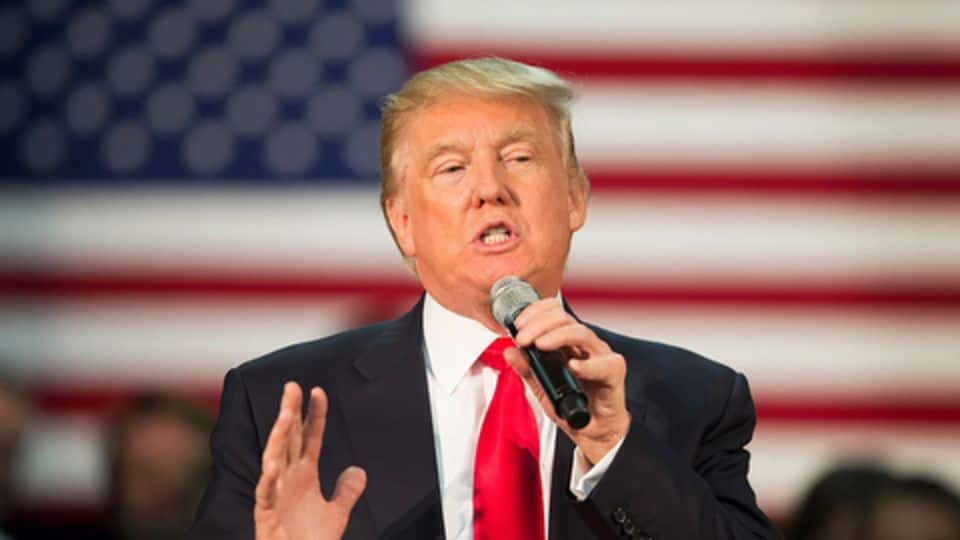
Russia investigation: Trump could be moving towards impeachment territory
What's the story
US President Donald Trump recently admitted in a tweet that he was aware that his former NSA Michael Flynn had lied to the FBI, prompting him to fire him. Flynn recently pleaded guilty to lying to the FBI. Trump also allegedly told former FBI director James Comey to drop the investigation against Flynn. If proved, these allegations constitute obstruction of justice, an impeachable offense.
Twitter Post
Trump admits to knowing that Flynn lied to FBI
I had to fire General Flynn because he lied to the Vice President and the FBI. He has pled guilty to those lies. It is a shame because his actions during the transition were lawful. There was nothing to hide!
— Donald J. Trump (@realDonaldTrump) December 2, 2017
Do you know?
What is impeachment?
Under the Constitution, impeachment is the process by which "the president, vice president and all civil officers of the United States" can be charged with "high crimes and misdemeanors," and removed from office if convicted of those charges.
How
How does the impeachment process work?
The House of Representatives can impeach the president through a simple majority only after an article (charges) of impeachment is approved. A trial is held in the Senate which is presided over by the chief justice of the Supreme Court. A two-third vote is finally needed in the Senate to actually convict the president on any charge. The vice-president then assumes power.
What
What are the grounds of impeachment?
The US constitution defines grounds for impeachment as "treason, bribery, or other high crimes and misdemeanors," of which, the latter are vaguely defined and subject to debate. While trying to impeach a Supreme Court judge in 1970, House member Gerald Ford said "an impeachable offense is whatever a majority of the House of Representatives considers it to be at a given moment in history."
Who
Which US presidents were impeached?
In 1868, President Andrew Johnson was impeached in the House for allegedly breaking the law by removing the US secretary of war. He was acquitted by the Senate. In 1998, President Bill Clinton was also impeached in the House for obstruction of justice and with perjury in relation to his affair with Monica Lewinsky. He too was acquitted by the Senate.
Personal
The curious case of Richard Nixon
In 1974, President Richard Nixon faced impeachment over his role in the 1972 Watergate scandal. He faced charges of obstruction of justice, abuse of power or defiance of subpoenas. Nixon, who faced near certain impeachment, resigned before the impeachment vote was completed.
What about Trump?
Trump's impeachment: Not so easy
It's important to note that presidents Johnson, Nixon and Clinton, who faced impeachment, were against a Congress, controlled by political enemies or opposition parties. In Trump's case, the Republicans control Congress who maintains a strong core support base. There's a good chance that Congressional Republicans would rally behind Trump despite any damaging revelations by Mueller's investigations into the president's alleged obstruction of justice.